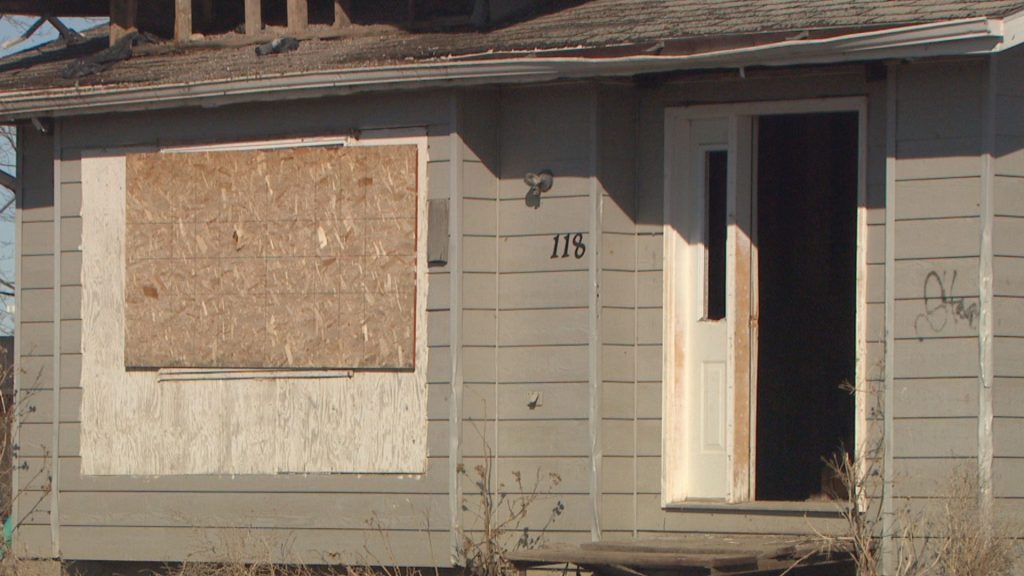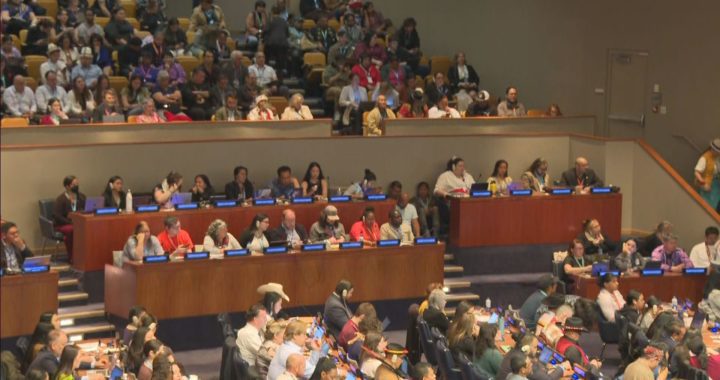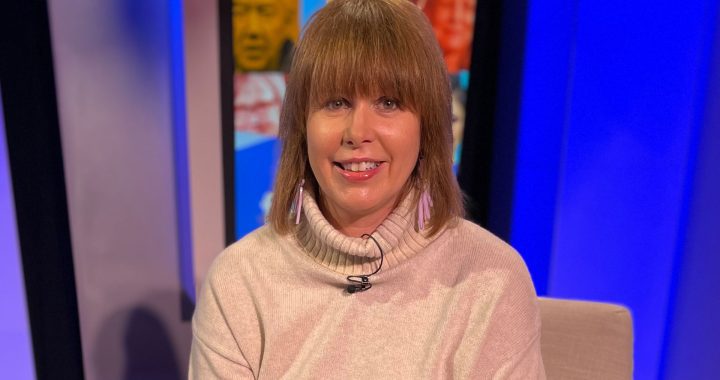
The Assembly of First Nations estimates it would take about $40 billion to close the housing gap on reserves. Photo: APTN file
Indigenous Services Canada is on track to miss its 2030 target to close the infrastructure gap between Indigenous and non-Indigenous communities, according to the House of Commons committee on Indigenous affairs.
The committee’s latest report says the department should revise its housing investment strategy if it wants to significantly address the infrastructure crisis by the end of the decade, “since the target will not be met” under the current pace.
“The committee is worried that the current resources allocated to housing are not sufficient for the government to meet the targets it set itself as part of the National Housing Strategy,” the report says. “Changes are required if Canada is to significantly address housing needs by 2030.”
The committee heard from 41 witnesses between March and June as it studied how the housing crisis impacts Indigenous people countrywide. The MPs delivered a 51-page report this week containing 20 recommendations to immediately improve things.
MPs heard the longstanding housing crisis facing First Nations, Inuit and Métis has had “severe consequences” on everything ranging from education and economic development to cultural vitality and physical and mental health.
Community leaders testified that Indigenous people have been deprived of the basic human right to shelter due to colonialism, racism, discrimination, unaffordability, Indian Act paternalism, the lack of a sufficient land base, limited administrative capacity and decades of chronic, wilful underfunding.
“Throughout the country’s colonial history, Inuit, First Nations and Métis have been subjected to atrocities and injustices which have had continued impacts on the subject at the centre of this report: housing,” the committee says. “Colonial policies have affected housing at its core, including by making it less accessible, less affordable and in worse condition.”
Read more:
The Effects of the Housing Shortage on Indigenous Peoples in Canada
Budget is ‘a start’ to address housing, but a long road remains ahead says FSIN vice chief
The committee now offers a series of recommendations. Some are broad and symbolic in nature — for example, that the government acknowledge it’s been, via chronic underfunding, depriving Indigenous people of the right to housing.
Others are specific and concrete — for instance, that Ottawa recognize the inherent right of the Mi’kmaq and Wolastoqey nations to harvest timber for domestic use on their unceded territories in Atlantic Canada.
Others recommend the government find ways to ensure communities have long-term, stable, flexible and predictable funding for housing, and deliver this money directly to Indigenous governments.
The committee opened the study following the delivery of a housing-focused budget by Finance Minister Chrystia Freeland earlier this year. The spending plan included $4.3 billion over seven years for Indigenous housing.
But the Assembly of First Nations lobby group estimates the true cost of closing the on-reserve housing gap will be about $40 billion: nearly 10 times that amount.
During the 2021 election campaign, Prime Minister Justin Trudeau reiterated this pledge to close the infrastructure gap by 2030. It’s a topline item in Indigenous Services Minister Patty Hajdu’s mandate letter.
The prime minister made a similar promise to end all long-term on-reserve drinking water advisories by 2021 while campaigning to run the country in 2015.
The Liberals missed that deadline and refuse to offer a new one more than a year later.
APTN News reached out to Indigenous Services for comment. The minister’s office provided a statement that did not directly address the committee’s finding that the government is on track to miss the housing targets.
“The need is clear — get more housing built, and fast,” the statement said. “Our government continues to work in partnership with First Nations, Inuit, and Metis communities to get this money out the door as fast and efficiently as possible, in order to address critical and immediate infrastructure gaps that must be closed.”









